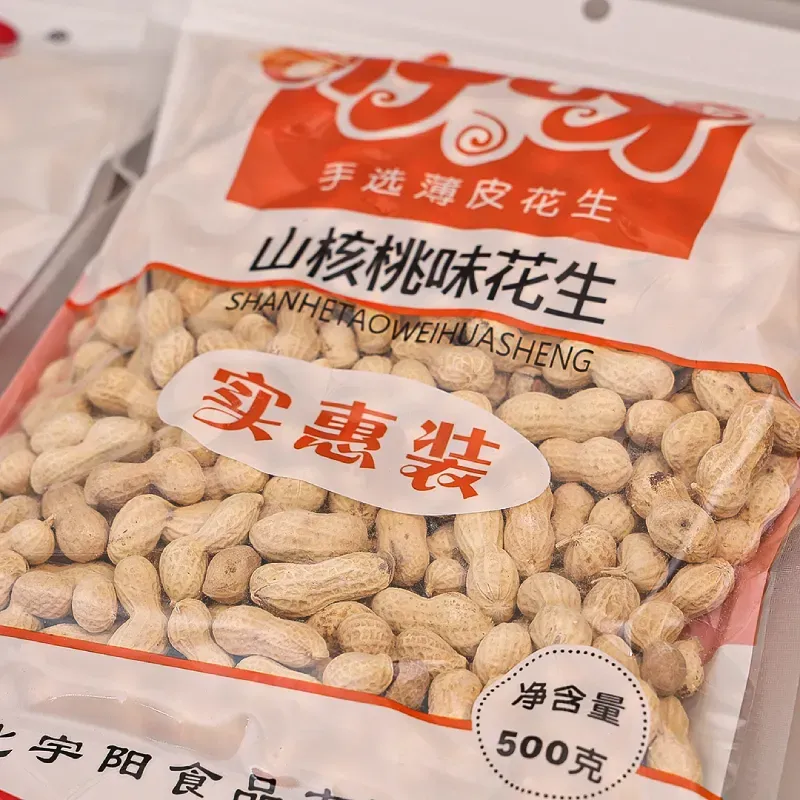-
 Afrikaans
Afrikaans -
 Albanian
Albanian -
 Amharic
Amharic -
 Arabic
Arabic -
 Armenian
Armenian -
 Azerbaijani
Azerbaijani -
 Basque
Basque -
 Belarusian
Belarusian -
 Bengali
Bengali -
 Bosnian
Bosnian -
 Bulgarian
Bulgarian -
 Catalan
Catalan -
 Cebuano
Cebuano -
 Corsican
Corsican -
 Croatian
Croatian -
 Czech
Czech -
 Danish
Danish -
 Dutch
Dutch -
 English
English -
 Esperanto
Esperanto -
 Estonian
Estonian -
 Finnish
Finnish -
 French
French -
 Frisian
Frisian -
 Galician
Galician -
 Georgian
Georgian -
 German
German -
 Greek
Greek -
 Gujarati
Gujarati -
 Haitian Creole
Haitian Creole -
 hausa
hausa -
 hawaiian
hawaiian -
 Hebrew
Hebrew -
 Hindi
Hindi -
 Miao
Miao -
 Hungarian
Hungarian -
 Icelandic
Icelandic -
 igbo
igbo -
 Indonesian
Indonesian -
 irish
irish -
 Italian
Italian -
 Japanese
Japanese -
 Javanese
Javanese -
 Kannada
Kannada -
 kazakh
kazakh -
 Khmer
Khmer -
 Rwandese
Rwandese -
 Korean
Korean -
 Kurdish
Kurdish -
 Kyrgyz
Kyrgyz -
 Lao
Lao -
 Latin
Latin -
 Latvian
Latvian -
 Lithuanian
Lithuanian -
 Luxembourgish
Luxembourgish -
 Macedonian
Macedonian -
 Malgashi
Malgashi -
 Malay
Malay -
 Malayalam
Malayalam -
 Maltese
Maltese -
 Maori
Maori -
 Marathi
Marathi -
 Mongolian
Mongolian -
 Myanmar
Myanmar -
 Nepali
Nepali -
 Norwegian
Norwegian -
 Norwegian
Norwegian -
 Occitan
Occitan -
 Pashto
Pashto -
 Persian
Persian -
 Polish
Polish -
 Portuguese
Portuguese -
 Punjabi
Punjabi -
 Romanian
Romanian -
 Russian
Russian -
 Samoan
Samoan -
 Scottish Gaelic
Scottish Gaelic -
 Serbian
Serbian -
 Sesotho
Sesotho -
 Shona
Shona -
 Sindhi
Sindhi -
 Sinhala
Sinhala -
 Slovak
Slovak -
 Slovenian
Slovenian -
 Somali
Somali -
 Spanish
Spanish -
 Sundanese
Sundanese -
 Swahili
Swahili -
 Swedish
Swedish -
 Tagalog
Tagalog -
 Tajik
Tajik -
 Tamil
Tamil -
 Tatar
Tatar -
 Telugu
Telugu -
 Thai
Thai -
 Turkish
Turkish -
 Turkmen
Turkmen -
 Ukrainian
Ukrainian -
 Urdu
Urdu -
 Uighur
Uighur -
 Uzbek
Uzbek -
 Vietnamese
Vietnamese -
 Welsh
Welsh -
 Bantu
Bantu -
 Yiddish
Yiddish -
 Yoruba
Yoruba -
 Zulu
Zulu
Mei . 24, 2025 11:41 Back to list
Premium Original Sunflower Seeds Bulk Exporters & Manufacturers
- Market Overview & Nutritional Value of Sunflower Seeds
- Global Trade Data: Export Volume & Growth Patterns
- Advanced Processing Technologies in Modern Facilities
- Quality Benchmark: Top 5 Manufacturer Comparison
- Customized Packaging & Blending Solutions
- Industrial Applications Across Food Sectors
- Strategic Partnership Benefits for Bulk Buyers

(original sunflower seed)
Original Sunflower Seeds: A Global Staple with Growing Demand
With global sunflower seed consumption reaching 21.3 million metric tons in 2023 (FAO), original sunflower seed
s maintain dominance in 68% of edible oil production. The compound annual growth rate of 4.2% (2024-2029) reflects expanding applications beyond traditional uses, particularly in plant-based food formulations.
Export Dynamics and Production Capacities
Leading original sunflower seed exporters shipped 7.4 million tons in 2023, with Ukraine (34%), Russia (28%), and Argentina (19%) commanding primary market shares. Modern processing facilities now achieve 98.5% purity rates through triple-sorting technologies, significantly outperforming traditional cleaning methods (91-93% purity).
Core Technical Specifications
| Parameter | Standard Grade | Premium Grade | Industrial Grade |
|---|---|---|---|
| Moisture Content | ≤9% | ≤7% | ≤12% |
| Oil Content | 42-48% | 49-52% | 38-41% |
| Shell Integrity | 85% | 95% | 75% |
Manufacturing Capability Analysis
| Vendor | Annual Capacity | Certifications | Customization |
|---|---|---|---|
| SunGold Processing | 240,000 MT | ISO 22000, HACCP | 15+ Recipes |
| AgriNova Solutions | 180,000 MT | FSSC 22000 | Packaging Only |
| Kernel Masters | 350,000 MT | BRCGS AA | Full OEM |
Tailored Commercial Solutions
Progressive original sunflower seed manufacturers offer:
- Variable packaging formats (5kg-1,000kg)
- Flavor infusion systems (6 base profiles)
- Hybrid seed blends with chia/flax
Cross-Industry Utilization Patterns
Food manufacturers report 18-22% cost reduction when using bulk original sunflower seeds versus processed oils. Confectionery producers particularly value the 0.32-0.38mm kernel size uniformity for consistent texture in energy bars and granola clusters.
Why Partner with Original Sunflower Seed Experts?
Established original sunflower seed factories provide supply chain assurance through:
- 35-45 day lead time guarantees
- Blockchain-tracked shipments
- Dedicated QC laboratories

(original sunflower seed)
FAQS on original sunflower seed
Q: Where can I find reliable original sunflower seed exporters?
A: Reliable original sunflower seed exporters can be identified through industry certifications, verified trade platforms like Alibaba, and customer reviews highlighting product quality and delivery efficiency.
Q: What do original sunflower seed factories prioritize in production?
A: Original sunflower seed factories prioritize strict quality control, hygienic processing standards, and advanced machinery to ensure consistent product freshness and compliance with international safety regulations.
Q: How to verify if a company is a genuine original sunflower seed manufacturer?
A: Genuine manufacturers typically provide certifications (e.g., ISO, HACCP), offer transparent sourcing details, and allow facility inspections or product samples to validate authenticity.
Q: What certifications should original sunflower seed exporters have?
A: Reputable exporters should hold certifications such as ISO 22000, FDA approval, and non-GMO verification to meet global market standards and ensure safe, high-quality exports.
Q: What services do original sunflower seed manufacturers offer?
A: Manufacturers often provide bulk customization, private-label packaging, and logistics support, catering to both wholesale buyers and retail partnerships with flexible order requirements.
-
Premium Sunflower Seeds for Healthy Snacking & Cooking
NewsJul.25,2025
-
Premium Quality Pistachios - Fresh, Healthy & Delicious Nuts
NewsJul.24,2025
-
Premium Crab Sticks – Delicious, Easy-to-Use Seafood Snack
NewsJul.23,2025
-
Buy Bulk Sunflower Seeds Exporter – Premium Quality & Competitive Price
NewsJul.22,2025
-
Premium Melon Seeds | Nutritious Snack & Baking Ingredient
NewsJul.22,2025
-
Bulk Sunflower Seeds Suppliers | Wholesale & Export
NewsJul.21,2025
